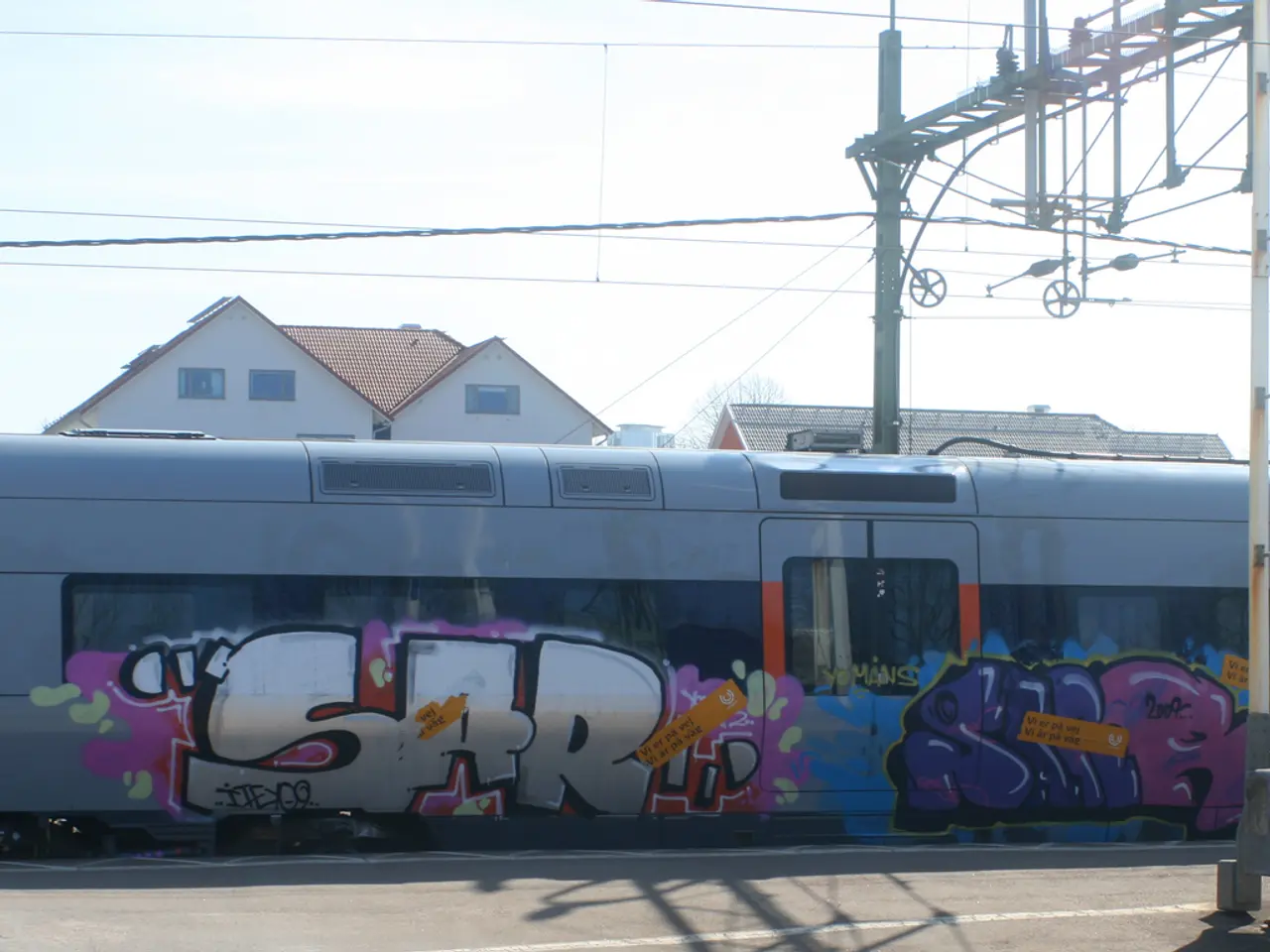Knives are more appropriately stored in a drawer rather than carried in pockets.
In an effort to combat the rising trend of knife crimes, particularly among youth, authorities in Münster have established a weapons-free zone around the city's main train station. This zone, marked by 50 eye-catching yellow signs, was announced in mid-July and implemented over a month later.
The main train station, a chronic crime hotspot, saw almost 60 weapon-related crimes occur there last year, accounting for a significant portion of the 1,600 crimes in the western area of the station. The increase in knife crimes is linked mainly to youth delinquency and rising aggression involving weapons among adolescents.
Alexandra Dorndorf, Police President, emphasised that the aim is to make people feel safe and not tolerate weapons or dangerous objects in the area. Within the weapons-free zone, bags can be checked without a specific reason. If a knife or other dangerous object is found, fines of up to 10,000 euros may be imposed.
Authorities and experts attribute this trend to factors such as social challenges, peer influence, and possibly underlying psychopathic traits in youth. Measures being taken include intensified police presence, targeted awareness programs in schools, and psychological interventions aimed at early identification and prevention of violent behaviour.
Research like the Münster Longitudinal Study has identified that some offenders report previous violent behaviour with weapons such as knives, prompting calls for intervention programs tailored to at-risk youth. Municipal and school authorities collaborate to educate young people about the legal and personal consequences of knife violence. Psychological screening tools such as the Youth Psychopathic Traits Inventory guide these interventions by assessing personality traits linked to aggression and recidivism.
Münster is not alone in implementing weapons-free zones. Cities such as Cologne, Düsseldorf, and Hamm also have similar measures in place. Alexandra Dorndorf stated that carrying weapons and knives in public is inherently critical in Germany and an escalation spiral is present. The focus remains on prevention through law enforcement, community engagement, and psychological support services.
- The authorities in Münster, following the rise in knife crimes, have announced a new policy-and-legislation under their general-news agenda that includes establishing weapons-free zones around the city's main train station, aiming to prevent weapons or dangerous objects in the area and make people feel safe.
- Within the context of combating rising trends of knife crimes and youth delinquency, Alexandra Dorndorf, Police President, has stated that politics and crime-and-justice are critical areas of focus, with measures such as intensified police presence, targeted awareness programs, and psychological interventions aimed at early identification and prevention of violent behavior.







